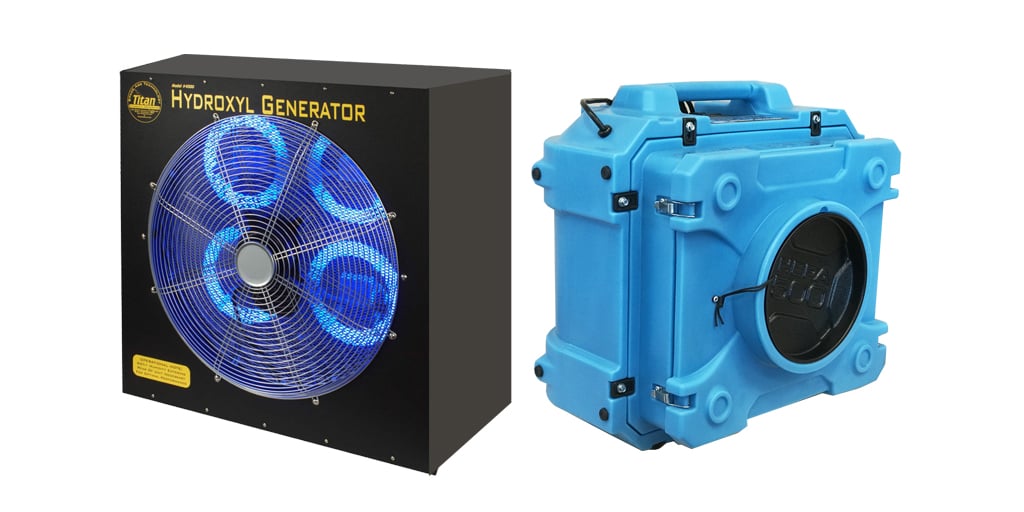Request Cooling Solutions Now
Portable Air Scrubber Rentals
Portable air scrubbers are powerful machines that quickly and thoroughly remove airborne contaminants such as dust, mold spores, smoke particles, and more. They can also help reduce odors by absorbing them into their filters which can be rinsed off or replaced when necessary.
Our portable air scrubbers are HEPA filtration/negative air machines, designed to filter air particles down to .3 microns in size. They operate with 99.97% efficiency and are simple to transport. We offer clients a variety of 3-stage HEPA negative air machines. These units use replaceable 1st, 2nd, and 3rd stage filters, which helps to prolong usage of the HEPA filter. HEPA filters adhere to strict guidelines, which ensures efficiency. They are useful for a number of professionals, including those in the construction and healthcare fields, as they effectively remove airborne dust and bacteria.
Although particles in the air may seem like no big deal, they can actually cause an air quality testing failure. Of course, there could also be health implications for your employees and customers. The only surefire way to avoid these issues is with the help of a HEPA air scrubber.
Portable Air Scrubbers for Commercial Spaces
While the HEPA air scrubbers are most common on construction sites, they’re also helpful in just about any work setting. Now that more and more people are suffering from chronic allergies, air scrubbers are a popular way to put an end to coughing and sneezing.
HEPA filtration machines remove dust, bacteria, chemicals, and allergens from the air. When people suffer prolonged exposure to these particles, their symptoms could become much more severe than you may originally think.
In addition to renting air scrubbers, we also sell air filters and air purifiers. If your need for a portable air scrubber varies in price and size, we sell new and used models. We also provide dehumidifiers and portable air conditioners.
No matter your project, Herc Rentals has exactly what you need for a safe, efficient completion.
For more information about our portable air scrubber rentals, fill out our contact form or give us a call at 888-202-7658.
Air Quality Resources
- How Does an Air Scrubber Work?
- How Do Desiccant Dehumidifiers Work?
- What’s the Difference Between an Air Scrubber & a Negative Air Machine?
- What’s the Difference Between an Air Purifier & an Air Scrubber?
 Back
Back


